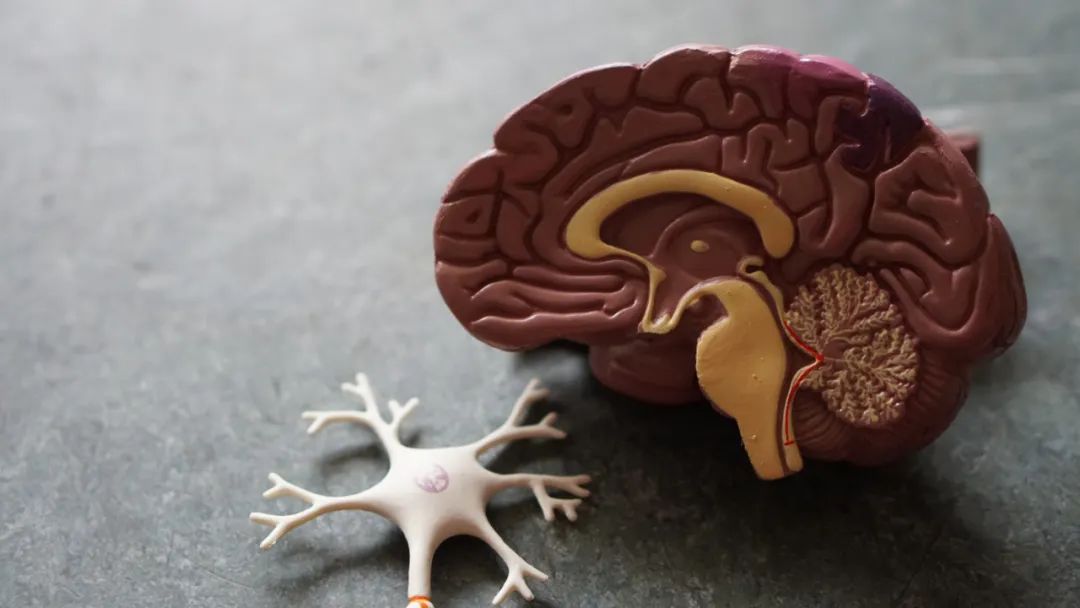
Student Research Projects in Anthropology
Anthropology is the study of humans and their societies, encompassing everything from the biological and evolutionary aspects of humans to their cultural and social practices. For students interested in this field, engaging in research projects can provide valuable hands-on experience and deepen their understanding of diverse cultures and human behavior. In this article, we will explore the significance of student research projects in anthropology and how they contribute to the academic and personal growth of students.
1. Benefits of Student Research Projects in Anthropology
Student research projects in anthropology offer numerous benefits to participants. Firstly, they allow students to apply theoretical knowledge gained in the classroom to real-world situations, fostering a deeper understanding of anthropological concepts. By conducting research, students develop critical thinking and analytical skills, as they are required to analyze data, draw conclusions, and present their findings effectively. Additionally, research projects provide students with the opportunity to engage with different methodologies and fieldwork techniques, preparing them for future careers in anthropology or related fields.
Furthermore, student research projects in anthropology encourage cultural sensitivity and empathy towards diverse populations. By immersing themselves in different cultures and communities, students develop a greater appreciation for the complexities of human societies, challenging their preconceived notions and biases. Through this process, students gain firsthand experience in conducting ethical research and interacting with individuals from various backgrounds, enhancing their intercultural competence and communication skills.
In conclusion, student research projects in anthropology offer a multifaceted learning experience that not only enhances students' academic knowledge but also promotes personal growth and cultural awareness. By engaging in research projects, students are able to apply anthropological theories in practice, develop critical thinking skills, and cultivate cultural empathy, ultimately shaping them into well-rounded and socially-conscious individuals.
2. How to Get Involved in Student Research Projects
There are various ways for students to get involved in research projects in anthropology. One option is to seek out research opportunities within their academic institution, such as participating in faculty-led research projects or joining research groups and organizations dedicated to anthropology. Students can also explore external opportunities, such as internships with research institutions, museums, or non-profit organizations that focus on anthropological studies.
Another approach is to collaborate with professors or researchers in the field of anthropology to develop independent research projects. Students can propose their research ideas, seek mentorship and guidance from experienced professionals, and conduct fieldwork or data analysis under their supervision. This hands-on approach allows students to tailor their research projects to their interests and gain valuable insights into the research process.
Overall, getting involved in student research projects in anthropology requires initiative, curiosity, and dedication. By actively seeking out research opportunities, collaborating with experienced professionals, and engaging in independent research projects, students can expand their knowledge, skills, and experiences in the field of anthropology.
3. Impact of Student Research Projects on Academic and Career Development
Student research projects in anthropology have a profound impact on students' academic and career development. Engaging in research projects enhances students' understanding of anthropological theories and methodologies, allowing them to bridge theoretical knowledge with practical application. This hands-on experience prepares students for future academic pursuits, such as graduate studies or research positions, by honing their research skills and fostering a deeper appreciation for the complexities of human societies.
Moreover, student research projects in anthropology can open doors to various career opportunities in academia, research institutions, government agencies, non-profit organizations, and cultural heritage sectors. By showcasing their research findings, analytical skills, and cultural competence, students can demonstrate their readiness to tackle complex social issues, contribute to interdisciplinary research projects, and engage with diverse communities on a global scale.
In summary, student research projects in anthropology serve as a launching pad for students' academic and career aspirations, equipping them with the necessary tools, experience, and perspectives to excel in the field of anthropology and make meaningful contributions to society at large.
4. Future Trends and Innovations in Student Research Projects
As the field of anthropology continues to evolve, student research projects are expected to reflect emerging trends and innovations in the discipline. One notable trend is the integration of digital technologies and virtual reality tools into research projects, allowing students to conduct immersive fieldwork experiences, analyze large datasets, and visualize anthropological concepts in innovative ways.
Another trend is the emphasis on collaborative and interdisciplinary research projects that address pressing social issues, such as climate change, globalization, migration, and cultural heritage preservation. By engaging in cross-disciplinary collaborations, students can gain new perspectives, insights, and methodologies from diverse fields, enriching their research projects and contributing to holistic approaches to anthropological studies.
In the future, student research projects in anthropology are likely to focus on applied research and community-based participatory approaches that emphasize ethical engagement with local communities, co-creation of knowledge, and social impact. By prioritizing community partnerships and stakeholder involvement, students can ensure that their research projects have real-world relevance, address community needs, and promote social justice and sustainability.
Conclusion
Student research projects in anthropology play a vital role in the academic and personal development of students, offering opportunities for hands-on learning, critical thinking, cultural empathy, and career preparation. By engaging in research projects, students deepen their understanding of anthropological concepts, develop research skills, and contribute to the advancement of knowledge in the field. As students continue to explore diverse cultures, conduct ethical research, and address pressing social issues, they embody the spirit of anthropology as a discipline that seeks to understand and celebrate the rich tapestry of human diversity.
Related Q&A
Question: How can students find research opportunities in anthropology?
Answer: Students can explore research opportunities within their academic institution, collaborate with professors, seek internships with research organizations, or join research groups dedicated to anthropology.
Question: What are the benefits of engaging in independent research projects in anthropology?
Answer: Independent research projects allow students to tailor their research to their interests, gain hands-on experience, and develop critical thinking and analytical skills that are essential for academic and career success in anthropology.
Question: How can student research projects in anthropology contribute to social impact and community engagement?
Answer: By prioritizing ethical research practices, community partnerships, and interdisciplinary collaborations, student research projects can address pressing social issues, promote cultural understanding, and advocate for social justice within local and global communities.







